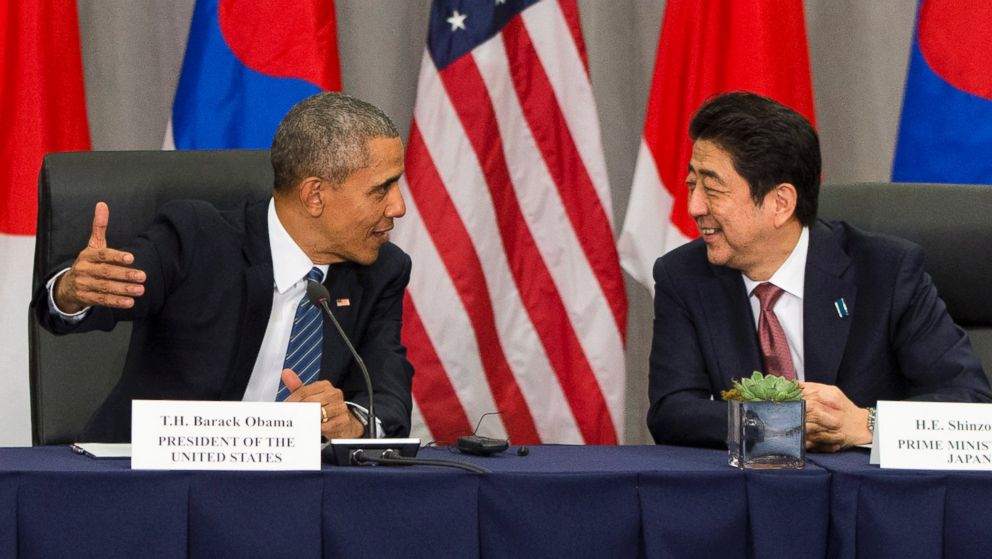Terrorism Fears Dominate Nuclear Summit in Washington
President Obama and more than 50 world leaders convened in Washington, D.C.

— -- President Obama and more than 50 world leaders convened in Washington today in an attempt to reach global cooperation on securing nuclear weapons materials.
Obama launched the summit nearly six years ago and has made freeing the world of nuclear weapons a theme of his presidency.
The gathering of world leaders comes a week after bombings by Islamic State militants in Brussels killed 32 people and injured more than 300 and days after a suicide bombing at a park in Lahore, Pakistan on Easter Sunday. Pakistan’s prime minister decided to forgo the summit following the attack, sending the country’s minister of state for foreign affairs in his place.
While the summit mainly aims to address nuclear security, the broader of threat of terrorism, particularly from the Islamic State, is likely to overshadow much of the talks.
Here are some threats to the United States and its global partners being discussed at the 2016 nuclear summit:
North Korean Nuclear Power
The Obama administration has made reducing nuclear threats a key foreign policy goal and the two-day summit kicked off with meetings to discuss North Korea. The president met with Japanese Prime Minister Shinzo Abe and South Korean President Park Geun-hye, two U.S. allies that share concerns about North Korea's nuclear ambitions that have escalated of late following the country's recent rocket launch.
Obama is also expected to hold a sit-down with Chinese President Xi Jinping, who is considered to have influence with North Korean leaders.
Nuclear Terrorism and the Threat of ISIS
Nuclear terrorism and the Islamic State, also known as ISIS, is also a top focus at the summit.
Obama will hold a special meeting to address concerns that ISIS and other terrorist groups could obtain nuclear weapons and possibly radioactive material, which they could use in future attacks.
The summit will focus on how nuclear and radiological terrorism is a global issue. Leaders will press the need for international organizations and the law enforcement community to help track those individuals involved in the illicit trafficking of radioactive or nuclear materials.
The Dread of Unknown Nuclear Stockpiles
Russia, a country that possesses a large supply of nuclear weapons, is boycotting the 2016 summit.
President Vladimir Putin’s to skip the high-level talks raises questions about how much the summit can achieve if one of the world’s biggest nuclear powers will not be a part of any agreements or discussions about how to deal with threats around the world.
The U.S. and Russia hold the two largest nuclear weapons stockpiles, eclipsing that held by the rest of the world.




